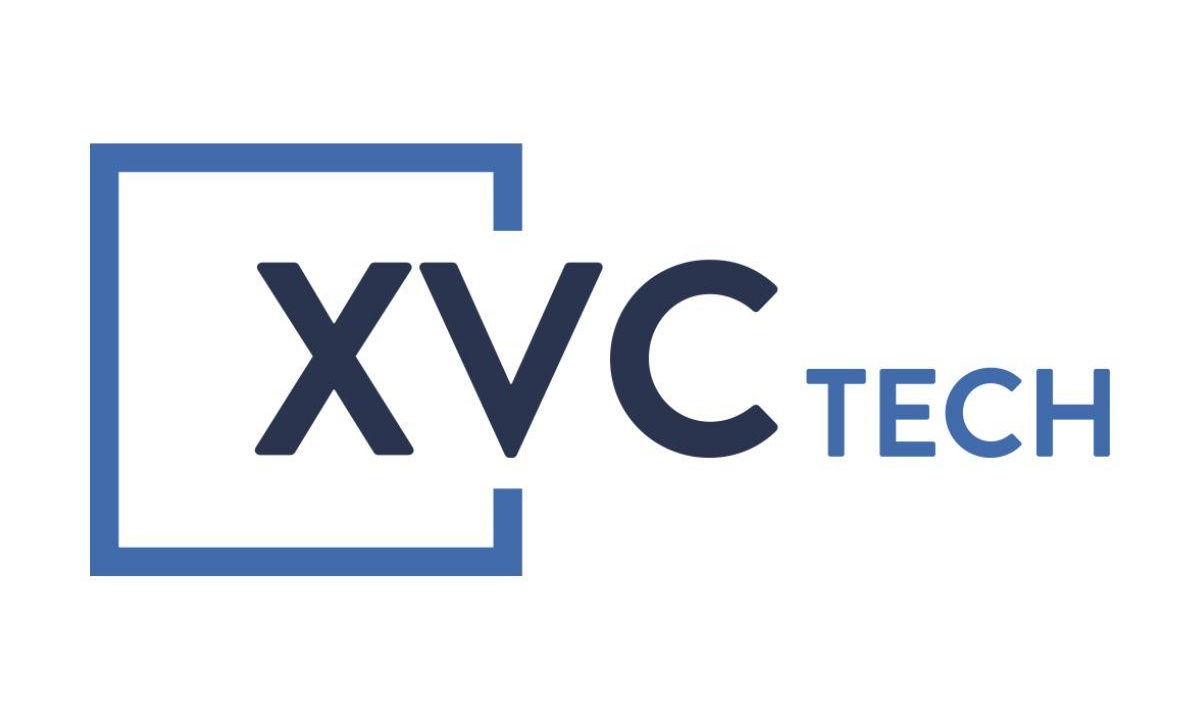Table of Contents
- Zero-Knowledge Proofs: The Basics
- Blockchain And Zero-Knowledge Proofs (ZKP)
- Manta Network And zkSNARKs
The need for privacy in DeFi and Web3 is a growing concern. In the current system, all transactions are recorded and stored in distributed public ledgers, making it easy for anyone to view a person’s transaction history and identify them by linking their on-chain activities.
That’s a problem. Right?
Well, there’s a thin line between privacy and anonymity. Privacy is good; anonymity isn’t. If all blockchain transactions are anonymous, it could lead to misuse. At the same time, if all on-chain transactions are easily accessible to everyone, it would also lead to abuse.
Accordingly, the need for privacy in DeFi and Web3 presents a paradox: on the one hand, we need to be able to track transactions so that they can be audited; on the other hand, we don't want to reveal any information about individuals and their transactions, especially those which could be used to identify them.
Fortunately, a solution in the form of Zero-Knowledge Proofs (ZKP) has emerged. In a nutshell, ZKP is a way for two people to prove that they know something without telling the other person what it is.
Sounds interesting? Let’s take a closer look.
Zero-Knowledge Proofs: The Basics
The Zero-Knowledge Proof (ZKP), first proposed by MIT professors Silvio Micali and Shafi Goldwasser, and master cryptographer Charles Rackoff in their academic paper, "Knowledge Complexity of Interactive Proof-Systems," is a cryptographic protocol that enables two parties to prove to each other that they know some secret information without telling each other that very information.
In the last couple of decades, the theory of Zero-Knowledge Proof has evolved significantly, with the “idea” finally becoming a reality.
The term Zero-Knowledge (ZK) originates from the fact that no (“zero”) details about the “secret information” are revealed. Yet, the receiver (verifier) is provided with convincing “proof” that the sender (prover) knows the “secret information.”
How is this even possible?
The process is powered by a series of cryptographic algorithms which allow a "prover" to cryptographically demonstrate to a "verifier" whether a computational statement is accurate without revealing any data. From an application perspective, ZK addresses two core limitations of blockchain technology: privacy and scalability.
There are two main types of ZK - interactive and non-interactive. While interactive ZKP requires the prover to complete a series of tasks to convince the “verifier” that they have the particular information, non-interactive ZKP requires no interaction between parties.
Zero-Knowledge Proofs (ZKP) provide users with the necessary flexibility and freedom to control their information. Therefore, it is quite logical that, when combined, blockchain and ZKP can be used to address a diverse range of existing problems.
Blockchain And Zero-Knowledge Proofs (ZKP)
The concept of zkSNARK was first proposed in 2013, and ZCash was the first project to use it. Over the years, Zero-Knowledge has also been used in several Rollup projects aimed at increasing Ethereum’s scalability, throughput, and cost-efficiency. Some common projects leveraging zk-Rollups include Starkware, zkSync, Loopring, and Aztec.
Following significant development and maturing way further than the original concept, zkSNARK (Zero-Knowledge Succinct Non-Interactive Argument of Knowledge) has now positioned itself as one of the most potential solutions to enhance privacy across the DeFi and Web3 spectrum.
For instance, Manta Network, the Substrate-based plug-and-play DeFi privacy protocol, has employed advanced cryptographic solutions like zkSNARK and Groth16 zero-knowledge proofs to add the much-needed privacy layer for the crypto ecosystem. To better understand the concept of zkSNARK and how Manta leverages it to offer end-to-end privacy, it is important to look at the consensus mechanisms that power blockchain networks.
ZK serves two core functions: privacy and scalability from an application perspective. Zero-Knowledge adds a privacy layer to existing networks such as Bitcoin or Ethereum, allowing users to transfer their assets without revealing personal information like wallet address and amount. At the same time, instead of requiring all network participants to validate transactions, ZK can be used to generate cryptographically verifiable proofs that can be validated by others quickly and easily.
To facilitate anonymous transactions, networks must follow certain conditions. For instance, ZCash delivers complete anonymity using zkSNARK based on Bitcoin’s core code. Such simple “anonymous transfers” rely on the hash encryption offered by Bitcoin. However, amid the increasing adoption of Web3, DeFi, NFTs, GameFi, SocialFi, and other blockchain-powered services, simple anonymous transfers no longer address the growing privacy needs of users.
Manta Network And zkSNARKs
To that extent, Manta Network has positioned itself as the layer-1 privacy solution for Web3 and DeFi. By leveraging zkSNARKs, Manta offers end-to-end anonymity, faster transaction speeds, and full interoperability with Polkadot and all of its parachains.
At present, Manta is the only privacy solution that uses zkSNARKs and Groth16 rather than hardware to provide security and integration with mainstream assets, such as stablecoins. Through its range of products powered by zkSNARKs and Groth16, including privacy-preserving automated market maker (AMM) DEX MantaSwap and payment protocol MantaPay with built-in privacy, Manta helps users hide their wallet address, amounts, and other personal information entirely, thereby granting users the ability to mask their on-chain activities.
Unlike existing privacy solutions, Manta is Web3-ready. The platform enables the privatization of other tokens from standalone networks, starting with the Polkadot and Kusama ecosystems. Furthermore, Manta uses Polkadot’s cross-consensus messaging (XCM) mechanism to establish seamless communication with other decentralized layer-1 networks that are part of the Polkadot ecosystem.
Thanks to Manta’s Zero-Knowledge Proof implementation, the platform’s privacy-preserving features extend beyond regular token transactions. They can be used across the broader blockchain ecosystem, including DeFi, NFTs, GameFi, SocialFi, metaverse, and other futuristic use cases that emerge with the evolution of Web3. In addition to its privacy-oriented support, Manta Network also addresses the challenges of DeFi interoperability, scalability, liquidity, and ease of use.
Manta’s privacy-preserving solution has attracted both investors and crypto enthusiasts. The project is backed by a consortium of angel investors and institutions, like ParaFi Capital, CoinFund, LongHash Ventures, Polychain Capital, and several others. The crypto community, too, is backing Manta Network, which is evident from the project’s convincing wins at both Kusama and Polkadot slot auctions.
Privacy is critical for the mass adoption of blockchain technology and the universe of services it supports. With Manta Network tapping into the yet unrealized potential of zkSNARKs, Web3 became measurably safer and more private, all without compromising on decentralization, security, or other existing features.
Disclaimer: This article is provided for informational purposes only. It is not offered or intended to be used as legal, tax, investment, financial, or other advice.
Investment Disclaimer













